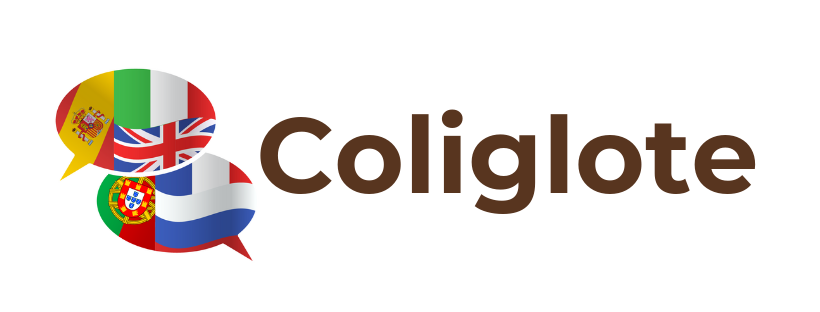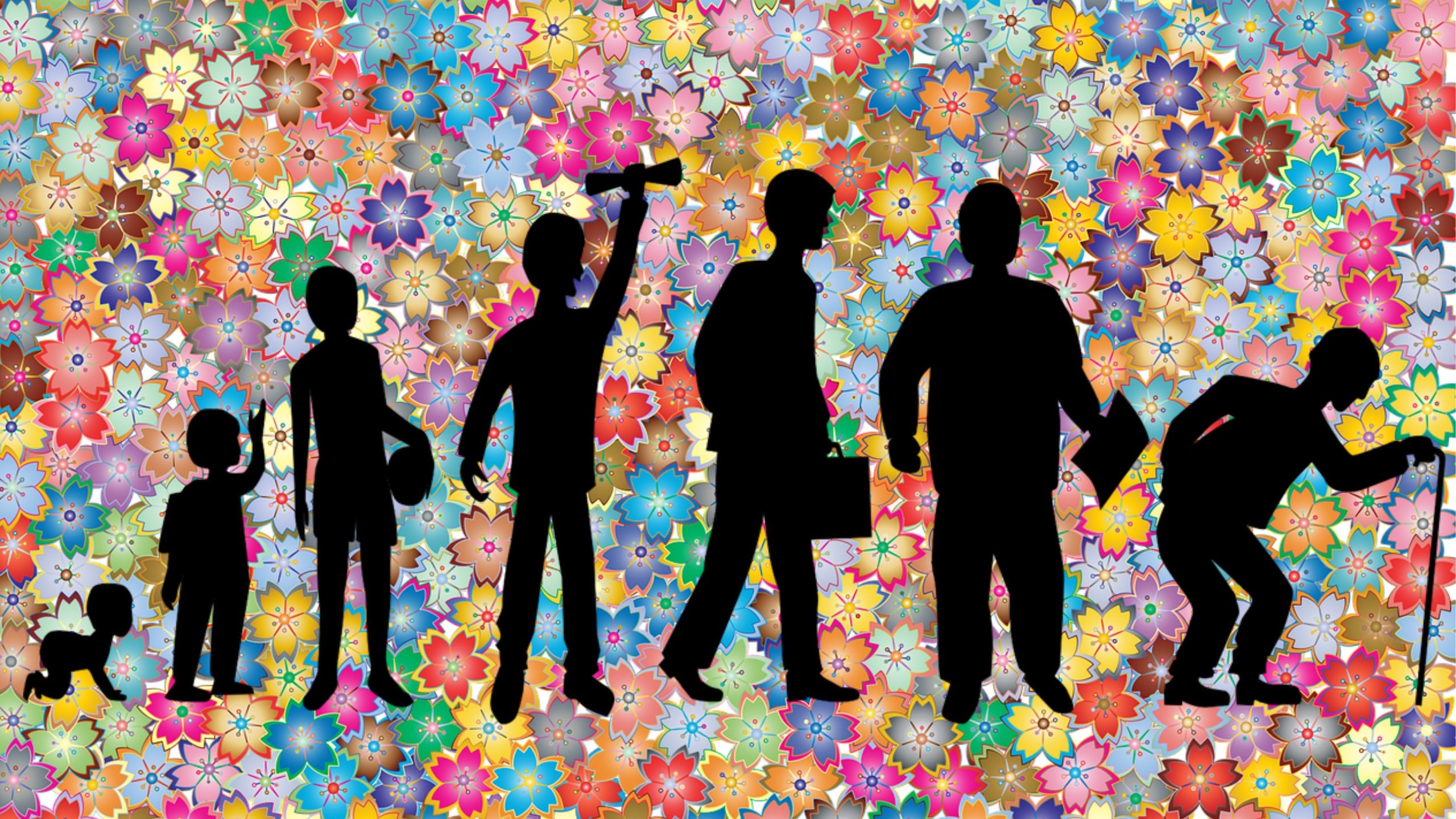No, there’s no right age!
A child learns to speak from birth, when even he can’t speak. He’s learning to talk because we talk to him.

The issue of bilingualism, or even plurilingualism, is the same. That is to say that children will learn to speak, to make themselves understood, to understand a language because they will interact with people who speak with them: the family, the father, the mother, the brothers and sisters, all the relatives, the school…
Sometimes it is done in a natural way, i.e. only in interaction, in exchange, in discussions. And then sometimes it is done in a so-called “didactic” way, i.e. we organise the learning of the language: it can be in the family, but in general it’s more often at school.
There is no age for this: it happens throughout life. You can’t say that you are bilingual once and for all, that skills are acquired once and for all, on the contrary! Bilingualism and plurilingualism are reconfigured throughout life and for children this is also the case.
So, we could turn the question around: is there a time when it would be boring, an inconvenience, a problem being bilingual or multilingual? In particular, parents often worry about saying to themselves: “My child is learning to read French. If at the same time he learns to read Portuguese or Arabic or Vietnamese, won’t that bother him?” Actually, no, he doesn’t mind. On the contrary, it might even help him to understand two different systems. However, it must be helped to understand that we are talking about two different systems of oral and written language.
There’s no downside, even if it happens at the same time, it won’t parasitize. Learning French will not be interfered with by learning another language, especially a language from the same family: it will not hinder the appropriation of French.
Thanks to Céline Goï, teacher-researcher at the University of Tours

